

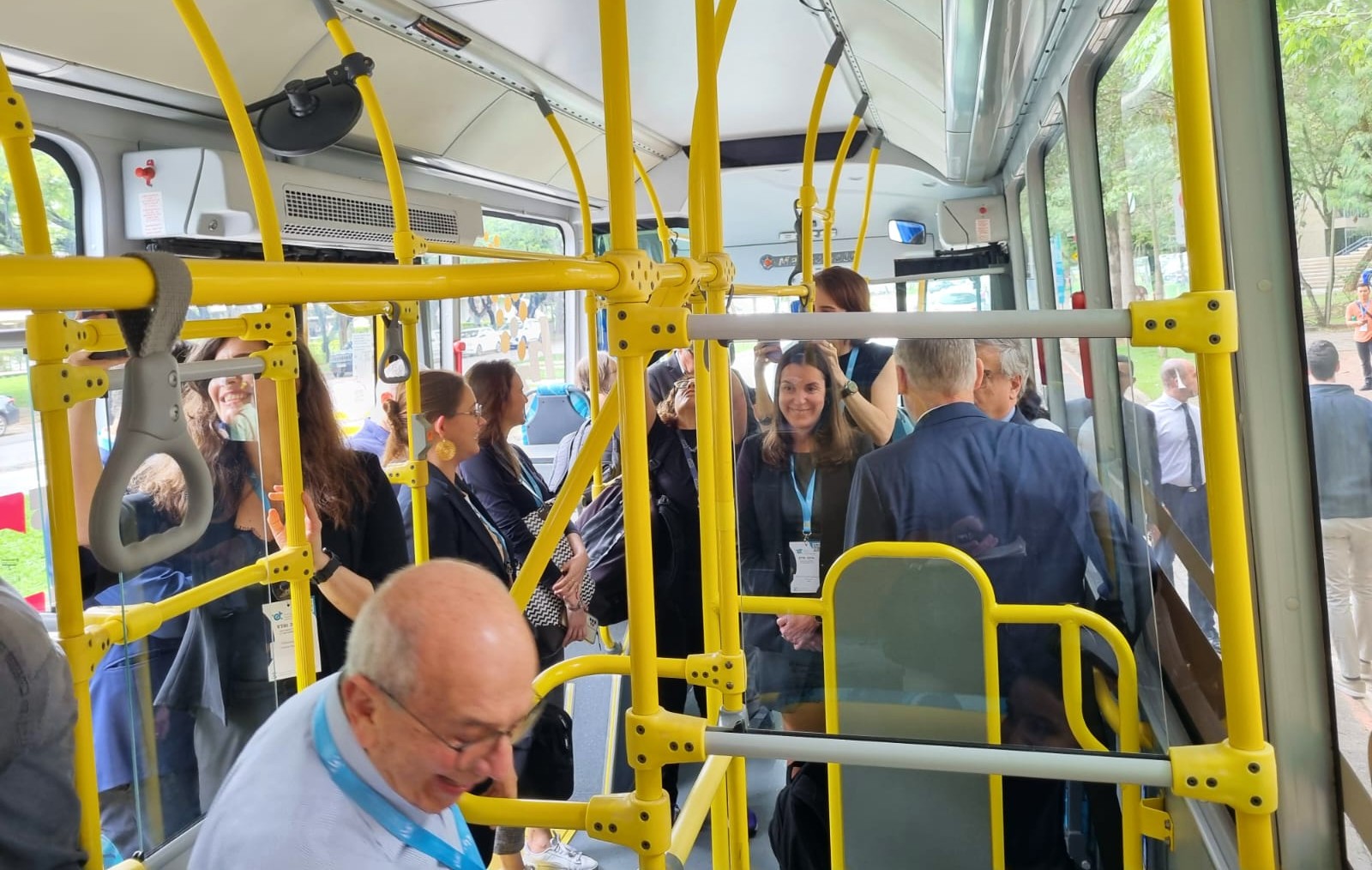
The fuel produced at the experimental station will power three city buses that will circulate around the university campus, as well as a bus that can drive 450 Km on a to and fro travel between São Paulo and Piracicaba.
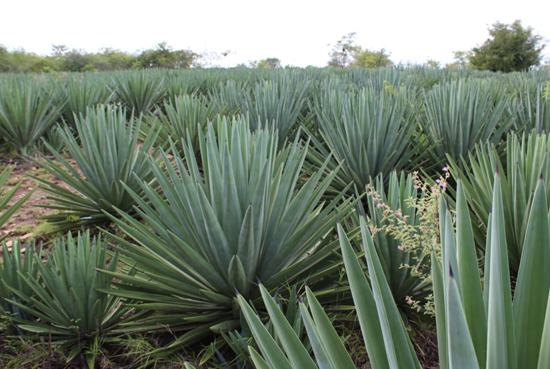
The goal is to develop an alternative for bioenergy production that can be grown in semi-arid regions, which are advancing in Brazil and worldwide; results were presented during FAPESP Week Italy.

A GM strain of brewer’s yeast Saccharomyces cerevisiae developed by Brazilian researchers could significantly grow the production of ethanol biofuel. A patent application has been filed with Brazil’s patent office.

Work conducted at the Research Center for Greenhouse Gas Innovation will also analyze the best way to bring electricity to oil platforms off the Brazilian coast.
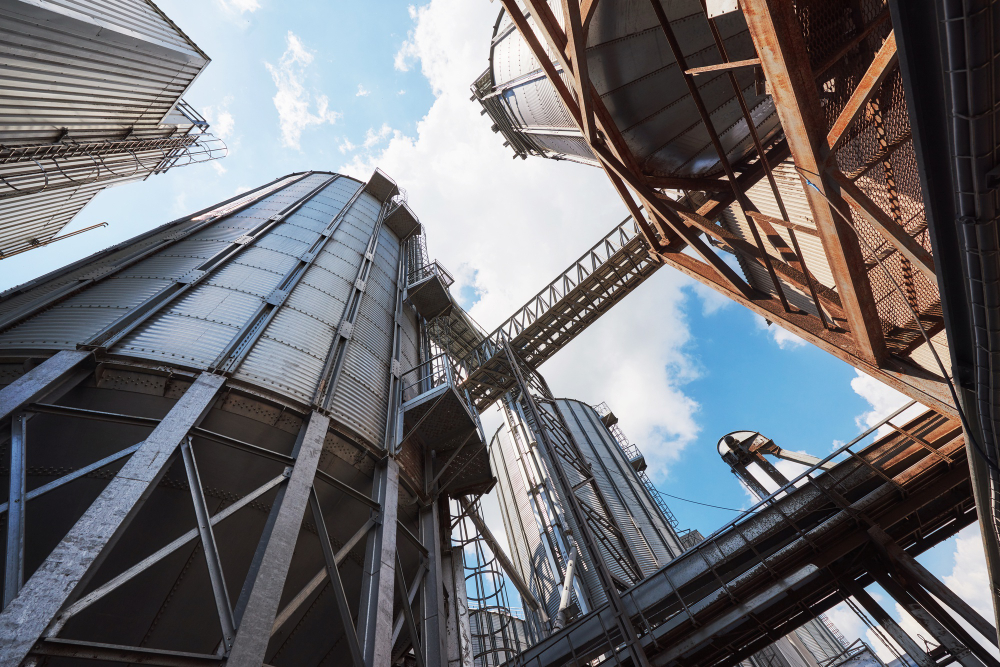
According to a study published in Scientific Reports, a novel strain of the fungus created at the University of São Paulo was found to be capable of boosting production of cellulosic ethanol by as much as 60% without requiring an increase in sugarcane acreage.
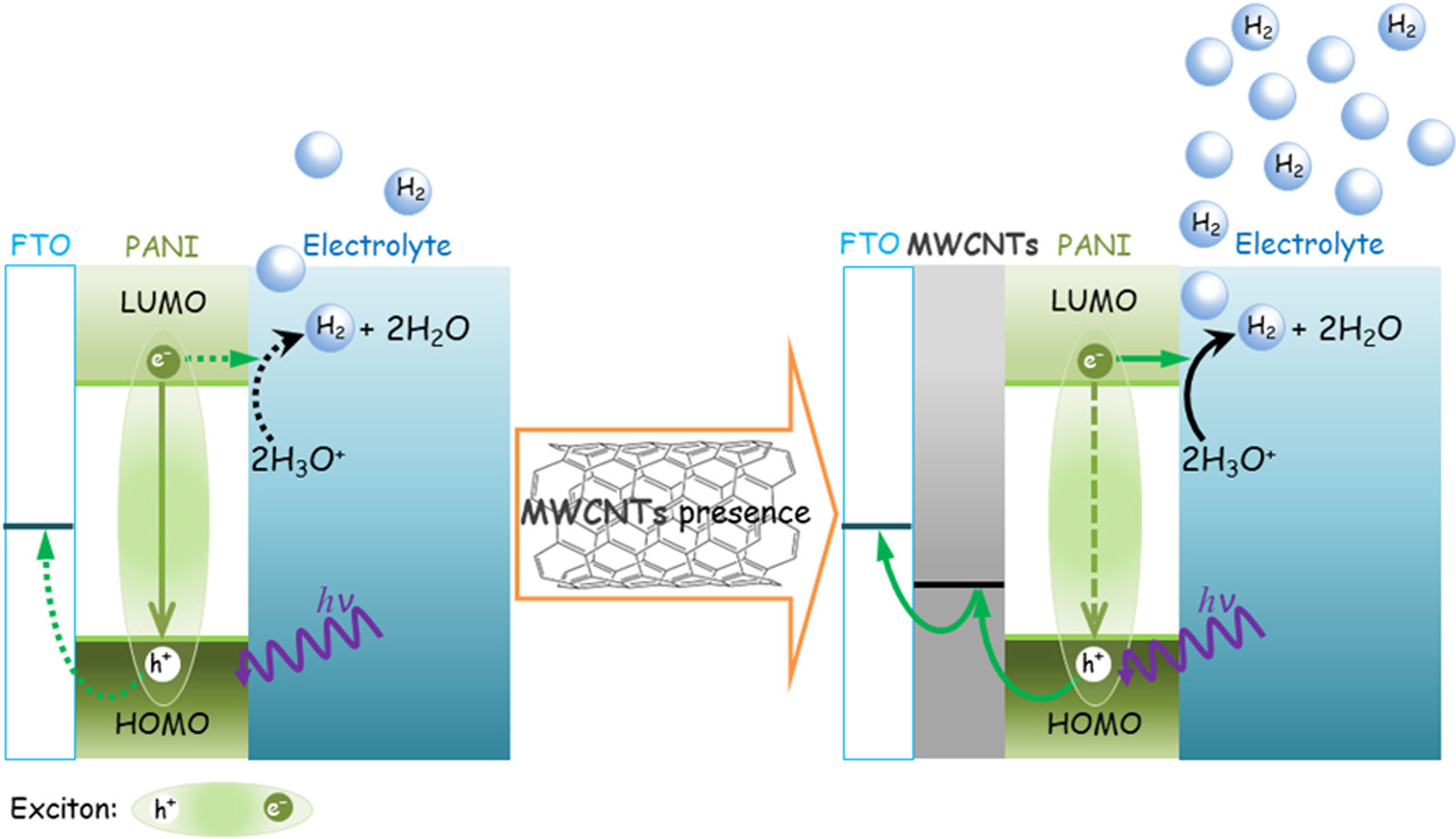
A study supported by FAPESP produced films comprising polyaniline nanostructures with a carbon nanotube underlayer.
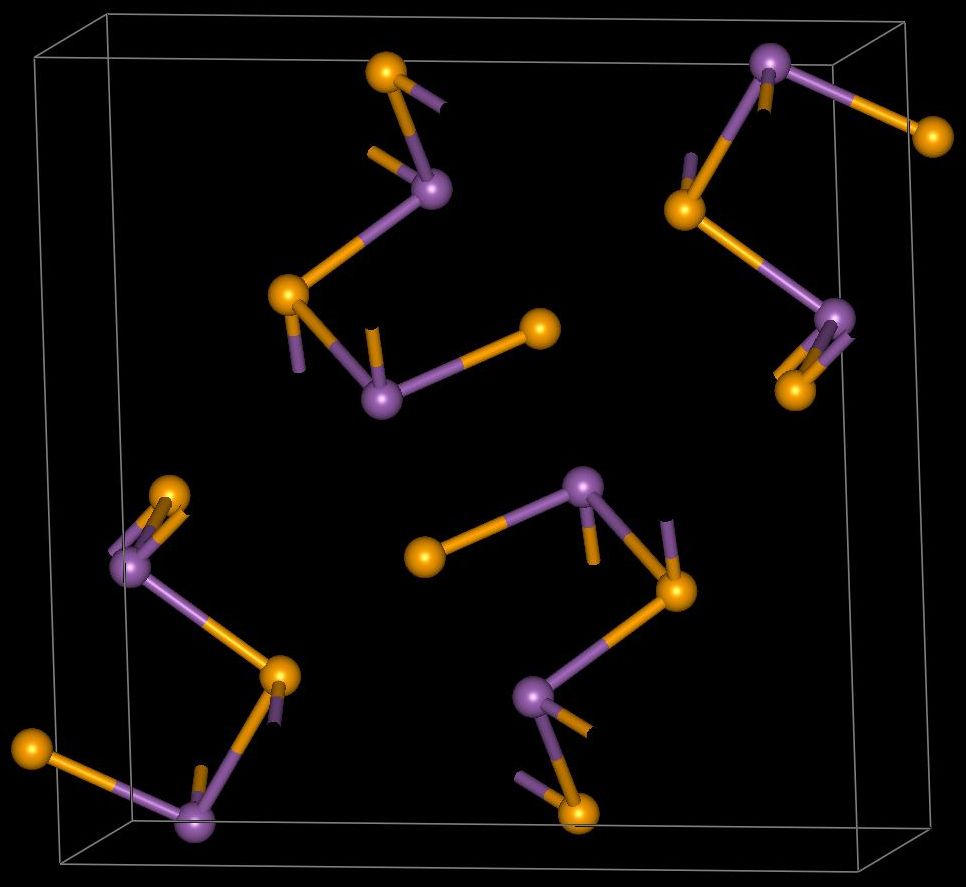
In an experiment resulting from collaboration between two FAPESP-supported research centers, a material was modified for use in solar-driven water splitting to produce hydrogen.
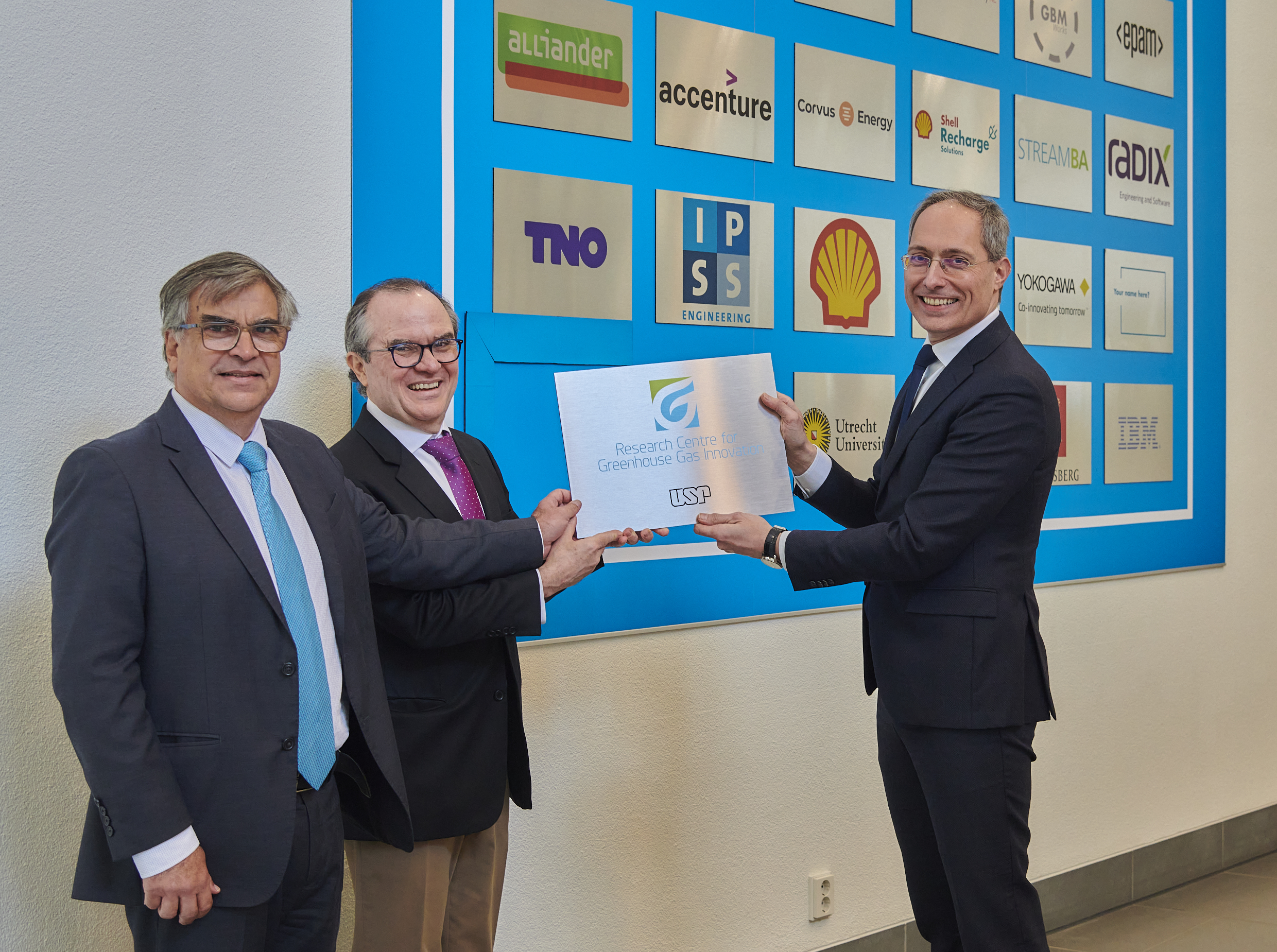
The new office is expected to serve as a research hub for the Research Center for Greenhouse Gas Innovation in Europe, fostering international partnerships.
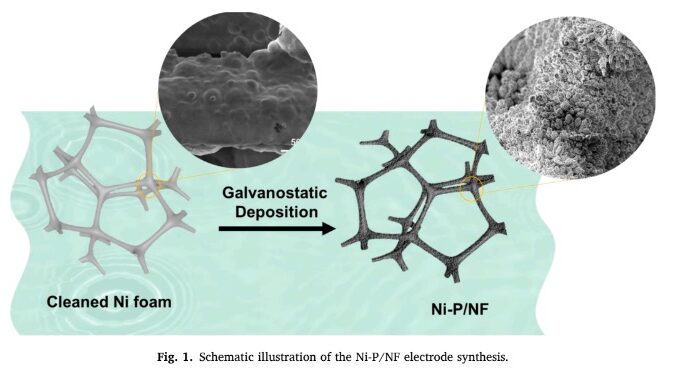
The nickel phosphide electrode proved effective and efficient as a catalyst in processes designed to produce H2 via water molecule breakdown.
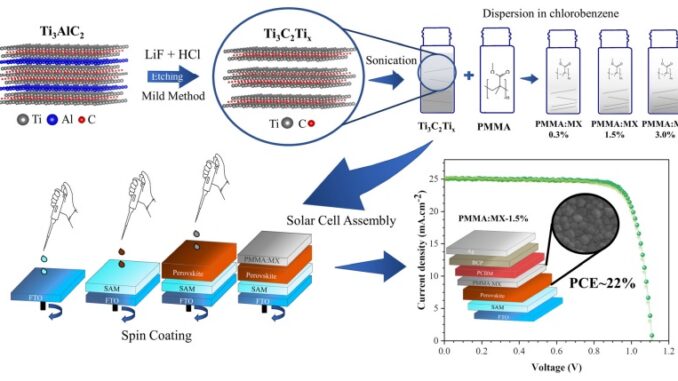
The results of a study conducted by researchers at São Paulo State University (UNESP) could be highly positive for the future of the solar power sector.
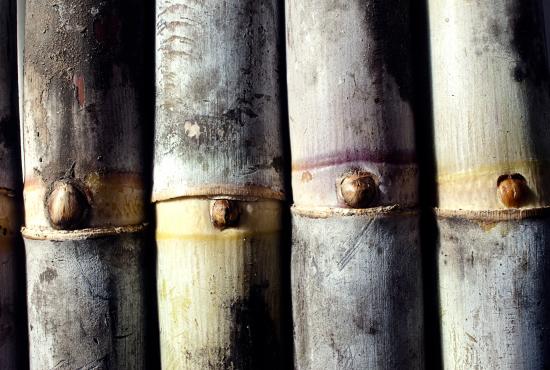
The goal is to produce sustainable aviation fuel from sugarcane biomass and ethanol.
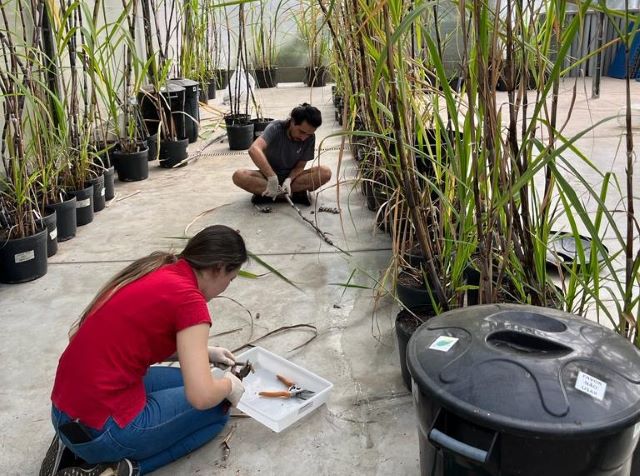
The study by researchers at the University of São Paulo also shows that genetic engineering techniques need to be improved in order to increase ethanol production without expanding crop acreage, a strategy considered crucial to the effort to cope with climate change.
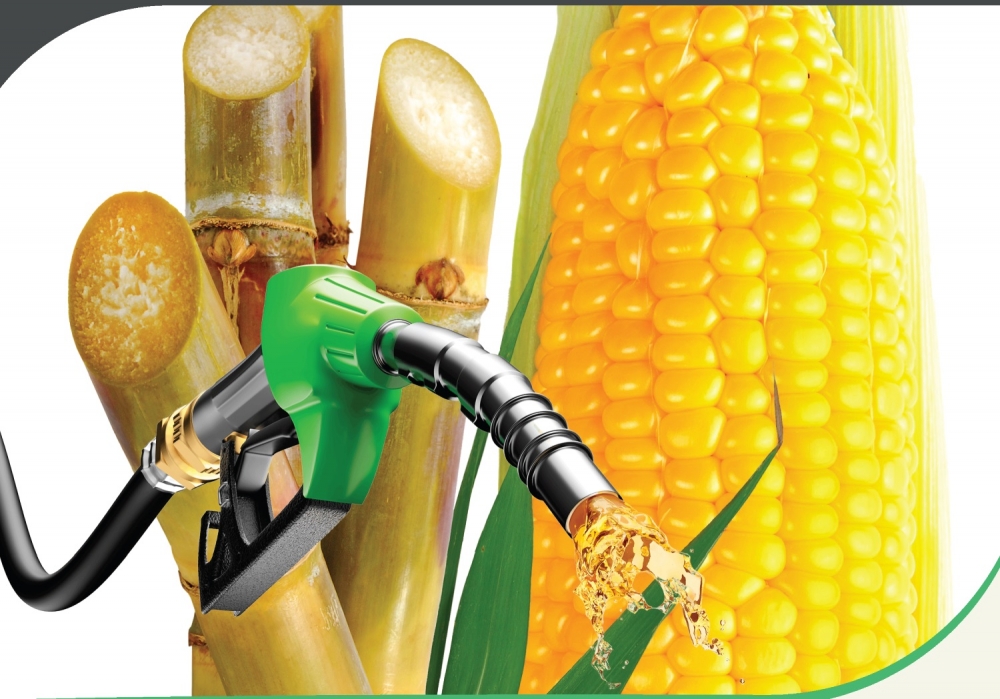
Written by two experts on biofuels, Luís Augusto Barbosa Cortez and Frank Rosillo-Calle, the book explores Brazil’s experience and how other countries can learn from it in the context of climate change.
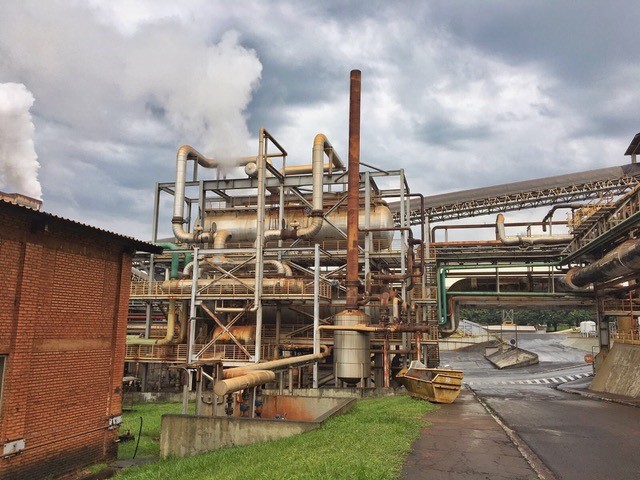
The product will pave the way for researchers and food engineers to develop novel industrial processes based on the use of sugarcane molasses. It was tested as a yeast culture medium for ethanol production.
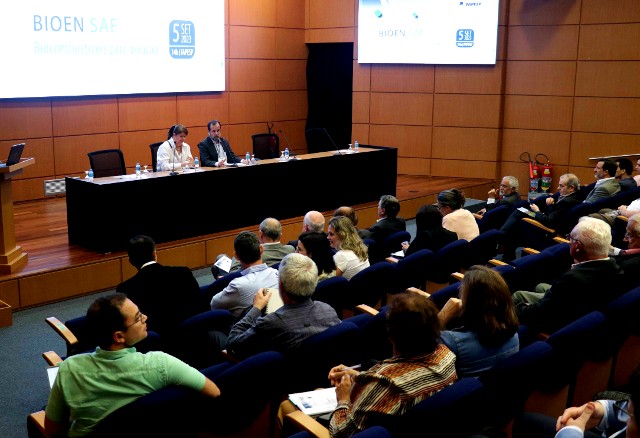
A seminar hosted by the steering committee for the FAPESP Bioenergy Research Program featured researchers and representatives of the public and private sectors. A rapid and substantial increase in production of sustainable aviation fuels was the option considered most consistent.
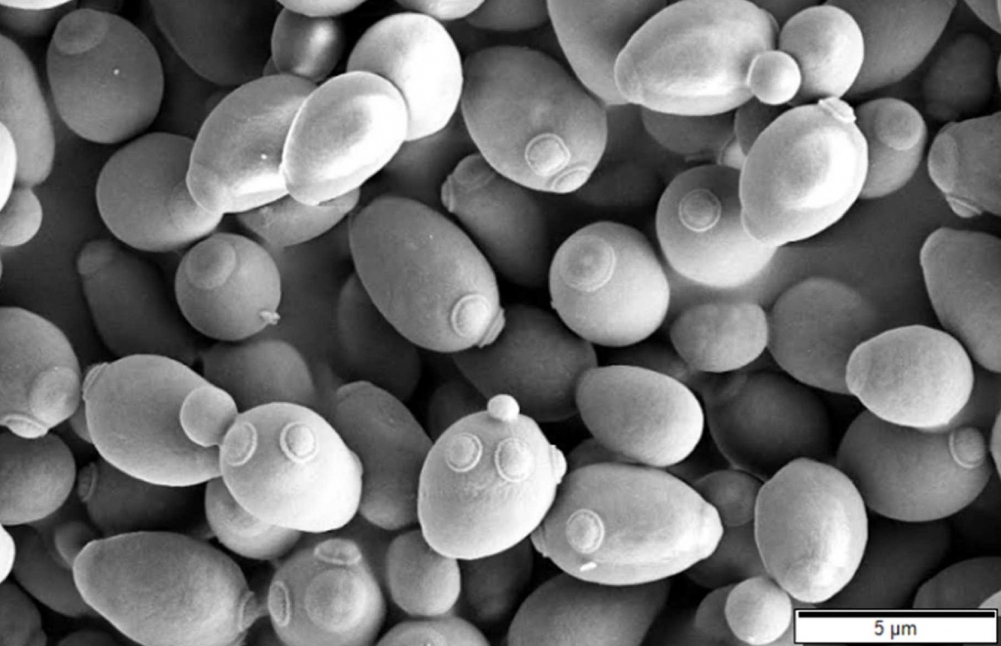
A study by researchers at the State University of Campinas and Harvard University shows that despite the presence of invasive strains of Saccharomyces cerevisiae, all of them belong to the ethanol fermentation environment, keeping the industrial process stable. Their findings can help cut costs and assure better results for producers.
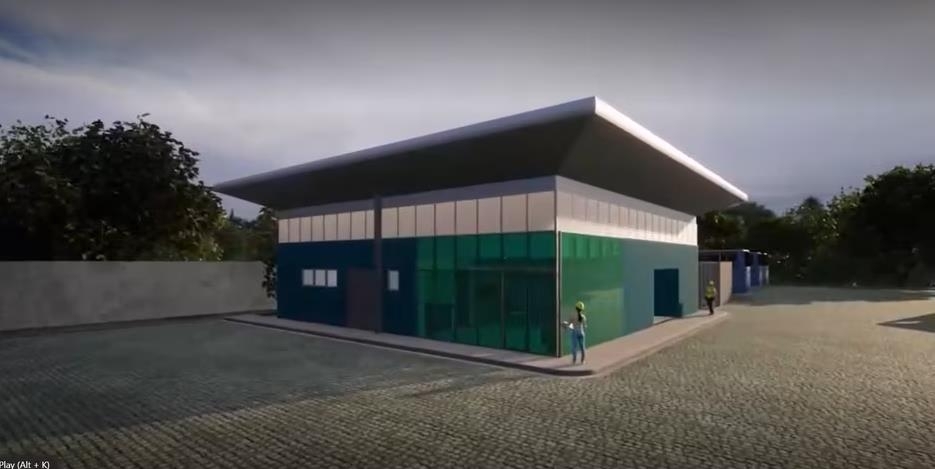
The project is the result of a partnership between FAPESP and Shell and could help make hydrogen a widely used fuel in Brazil. Hydrogen from a pilot plant to be built at USP using Raízen’s ethanol will power buses on the campus.
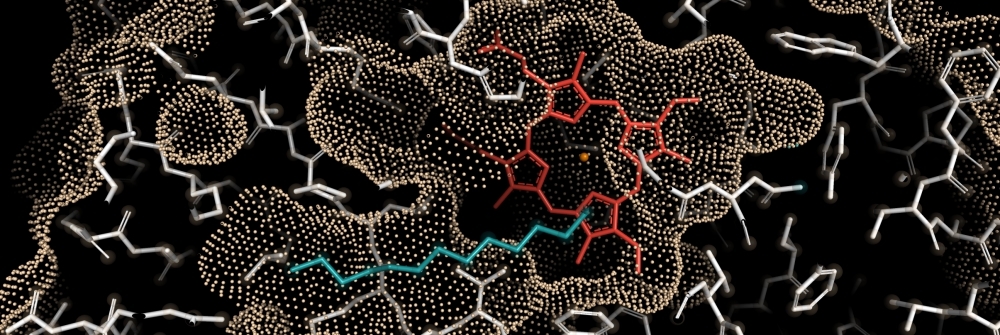
A biocatalyst discovered by Brazilian researchers has the potential to increase renewable biofuel output by removing obstacles in technology and production processes, as well as enhancing the manufacturing of bioplastics and biopolymers.
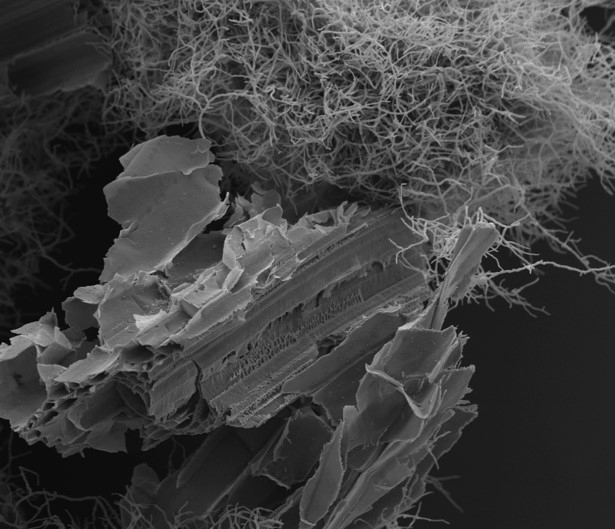
Scientists at Brazilian Center for Research in Energy and Materials (CNPEM) investigated enzymes produced by two species of fungus used to break down sugarcane bagasse for production of second-generation ethanol. The goal of the project is to increase the efficiency of this process, which currently depends on imported feedstocks.
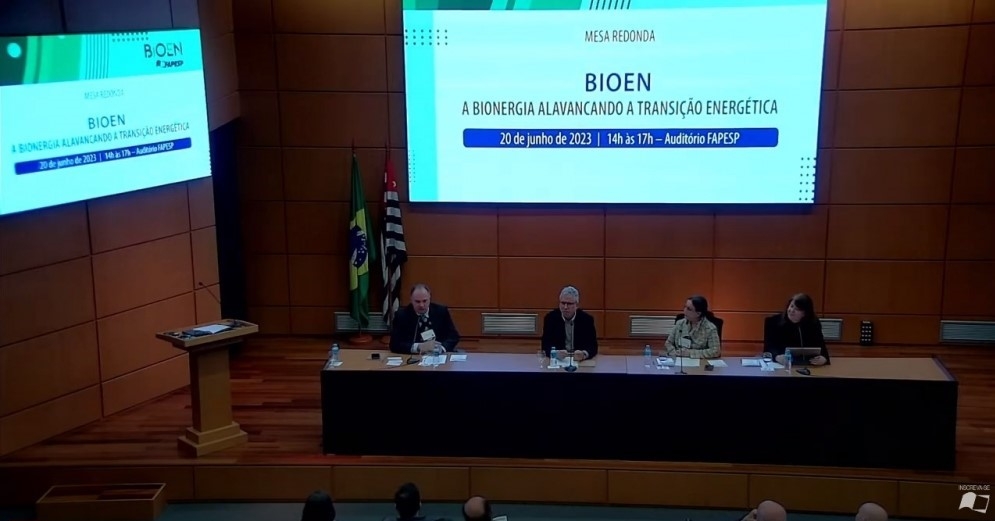
The view was expressed by participants in a discussion on “Bioenergy’s major contribution to the energy transition” organized by the FAPESP Bioenergy Research Program.
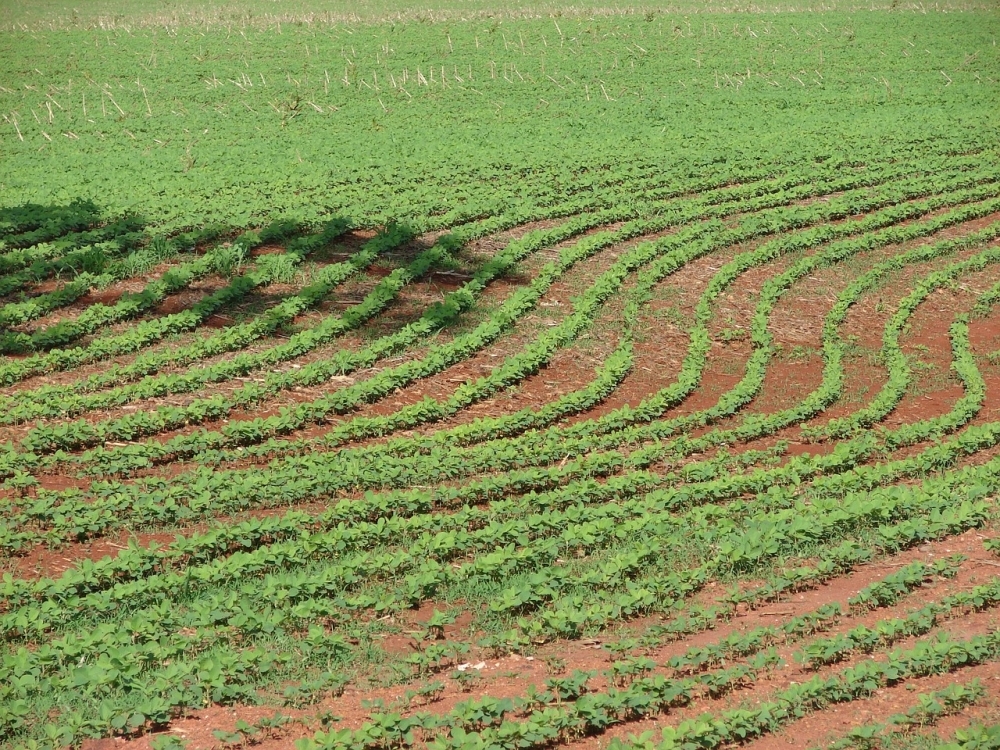
The data, referring to Brazil, Argentina, Colombia and Guatemala, was presented by the FAPESP Bioenergy Research Program (BIOEN) during a seminar hosted by the International Energy Agency.

The alert came from scientists who participated in the 10th German-Brazilian Dialogue on Science, Research and Innovation, organized by the German Center for Science and Innovation in São Paulo in partnership with FAPESP.
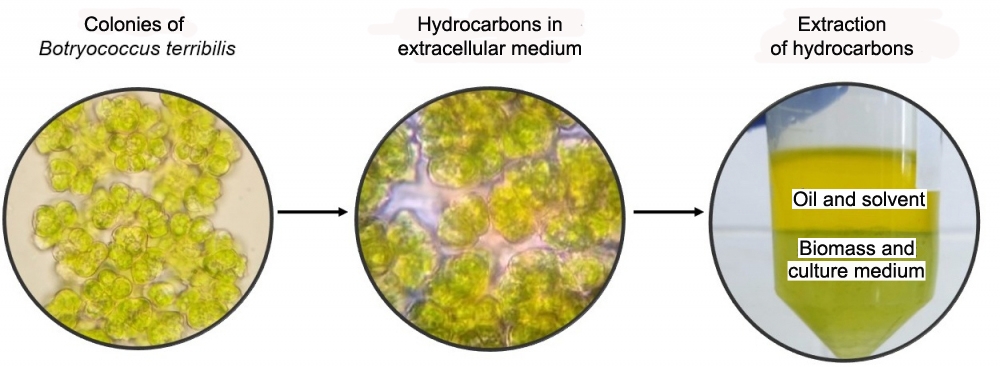
The aim was to compare the effects of different cultivation systems on growth and productivity of the species Botryococcus terribilis. In one experiment, production of lipid and hydrocarbon increased 49% and 29% respectively.
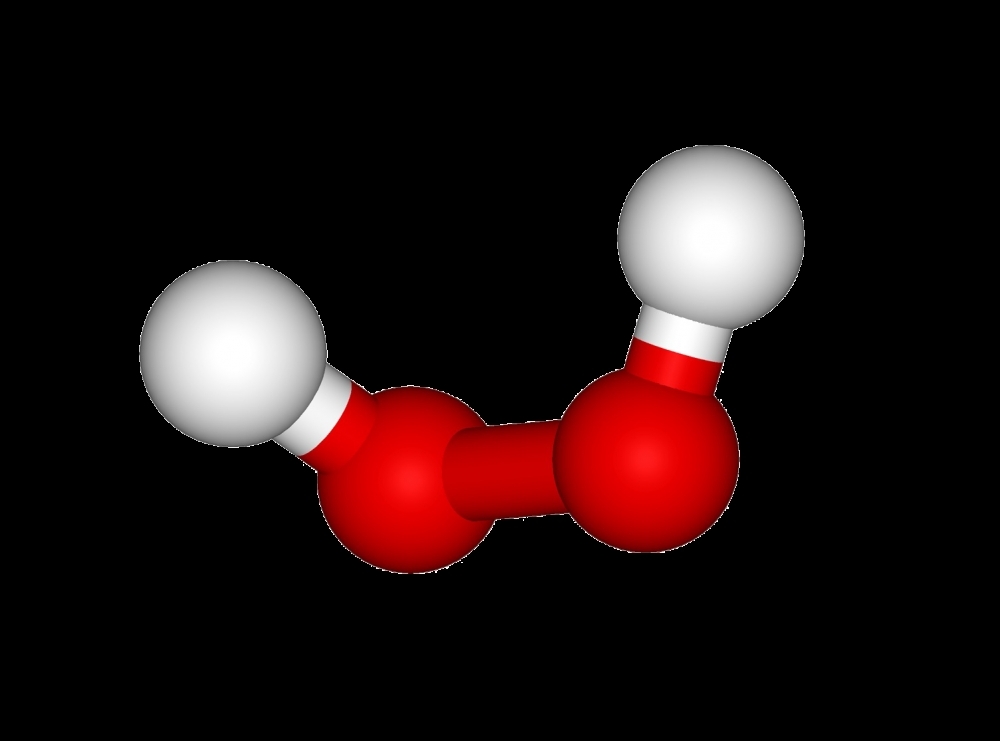
Hydrogen peroxide is used to sterilize medical equipment, to bleach fabric, pulp and paper, and whiten teeth, among other applications.

The strategy was tested at the Federal University of São Carlos. The conversion took place under ambient temperature and pressure conditions, which could enable methane, a potent greenhouse gas, to be used to produce fuel. The process currently used by the chemical industry consumes large amounts of energy.